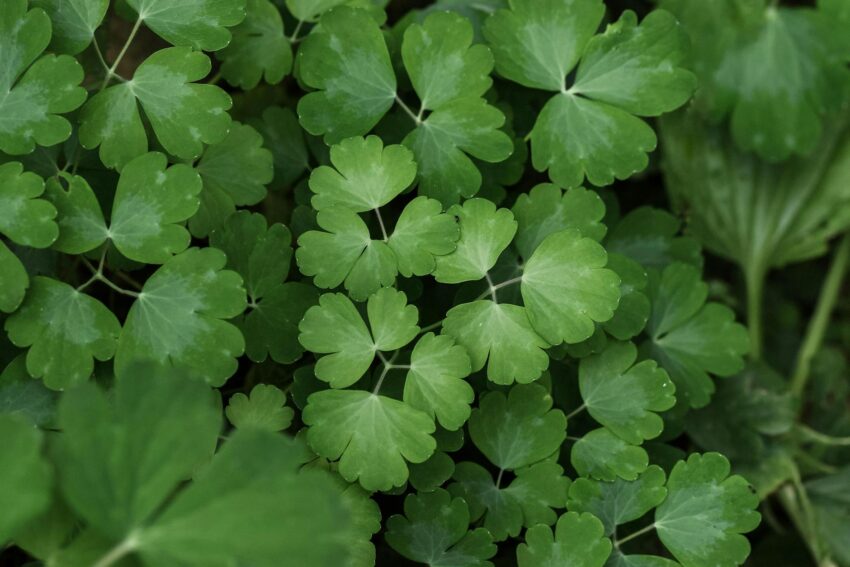Ethnobotany, a field that examines the relationships between people and plants, has a unique role in elucidating how plants, particularly cosmos-altering psychedelics, have influenced human societies. Plants and psychedelics have been employed in medicinal, spiritual, and social contexts across cultures for thousands of years. Upon understanding the botanical sources of these powerful substances, we can craft a deeper appreciation for the intricate bond between nature, humanity, and spirituality.
Psychedelics are naturally occurring compounds with transformative psychological effects. They have their origins in plants and fungi, tracing their roots back to ancient indigenous cultures. Many of these cultures inherently knew the intrinsic power of these substances, incorporating them into their spiritual practices and plant medicine regimens.
Ayahuasca, a powerful brew derived from the Banisteriopsis caapi vine and other plants, is a prime example of this botanical-psychedelic connection. Indigenous tribes in the Amazon rainforest, steeped in the ethos of shamanism, have used Ayahuasca for centuries as a tool for divination, healing, and spiritual development.
Another prominent example is the Peyote cactus (Lophophora williamsii), treasured by Native American tribes for its psychoactive properties. Containing mescaline, Peyote has been used as a spiritual conduit in religious rituals, enabling the shamans and participants to connect with the spiritual realm.
Cannabis sativa, a plant native to Central Asia, has likewise played a crucial role in a variety of ancient and modern societies. From its historical use in spiritual and healing rituals in Indian subcontinent to its current status as a widely consumed recreational and medicinal plant, cannabis underscores the diverse ways in which plant psychedelics shape our societal and cultural landscapes.
Although these plants bear psychoactive properties, their use extends far beyond simple recreational intoxication. The cultures that use them perceive them not as drugs, but as medicine – keys to unlocking doors to the spirit world, tools for healing the body and mind, and means to achieving self-discovery and community cohesion.
These plants harness transformative potentials, underpinning the significance of ethnobotanical studies in understanding human-plant relationships. As research continues to validate the therapeutic potential of psychedelics, there has been a surge in interest in the clinical use of psychedelics to treat a range of mental health disorders, including depression, anxiety, and post-traumatic stress disorder.
Furthermore, by gaining insights into how indigenous communities have safely and effectively used these plants for centuries, we can inform harm reduction strategies and promote safe, respectful use of these powerful substances in modern societies.
The field of ethnobotany thus stands at an intersection between plant science, cultural anthropology, and medicine. It offers a holistic understanding of the impactful relationship between humans and plants, particularly in the context of psychedelics.
This fascinating connection between humans and the psychedelic flora is not merely a relic of the past. It has contemporary relevance, offering insights into sustainable land stewardship, safeguarding biodiversity amidst climate change, and leveraging the profound therapeutic potentials of plant substances.
Indeed, when the veil is lifted, the ethnobotanical voyage from plant to psyche becomes a testament to humanity’s age-old desire to explore, heal, and connect with the surrounding cosmos.
With respect for indigenous traditions, scientific rigor, and a spirit of openness, we can continue to deepen our understanding of the botanical sources of psychedelics and ensure that their usage aligns with principles of sustainability and cultural respect.
Thus, as we stand at this fascinating crossroads of ethnobotany, plants, and psychedelics, it reminds us to bring not just the wisdom of our ancestors, but to couple it with the inquisitive spirit of modern science, to explore the undiscovered potential that lies within these potent and sacred plant medicines.
Sources:
– Ayahuasca use in Traditional Shamanism
– Peyote cactus
– Clinical use of psychedelics for mental health care
